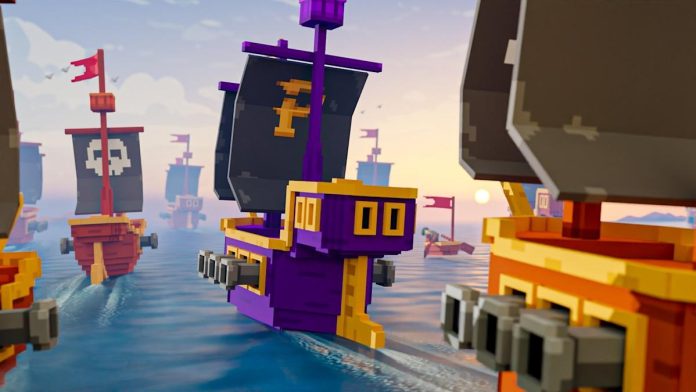5 min read
In this article:
Ethereum role-playing game Pirate Nation is shutting down its “fully on-chain” operations, with the “best parts of the game” being broken down into smaller chunks to be played on an arcade app on the Abstract network instead.
In a statement on X, Pirate Nation developer Proof of Play cited a lack of players as the primary reason for closing down the game. The studio explained that it simply wasn’t financially viable to continue to invest in and operate the game without significant interest.
“Shutting down Pirate Nation was one of the most difficult decisions I’ve ever been part of,” Adam Fern, co-founder and product lead of game studio Proof of Play, wrote on X. “I love Pirate Nation and I spent nearly seven days a week for the past three-plus years on it, but the truth is it wasn’t ever going to be a breakout, mass market success.”
It’s important to note that while Pirate Nation is shutting down, Proof of Play will continue building infrastructure and its broader ecosystem—which includes the aforementioned Abstract-based arcade. As such, during the final two-week Pirate Nation event, players will be able to burn their items in exchange for Plunder Certificates, which will unlock future rewards.
“We started Proof of Play to explore what fully on-chain games could look like—games with permanence, community ownership, and new types of player experiences. Pirate Nation was our first big step in that direction, and we poured years of work into it,” Proof of Play CEO Amitt Mahajan wrote on X. “While the business reasons for moving on may be sound, it doesn’t make the loss any easier for those who played, contributed, and believed in the project.”
Proof of Play had the bold vision to run Pirate Nation entirely via a stack of smart contracts, which contain the code to autonomously power the experience.
As such, it first struggled as the studio was forced to pay up to $4,000 a day to subsidize players’ gas fees on Ethereum scaling network Polygon. It then migrated to Ethereum layer-2 network Arbitrum, as it launched two chains to handle the game’s transaction load.
